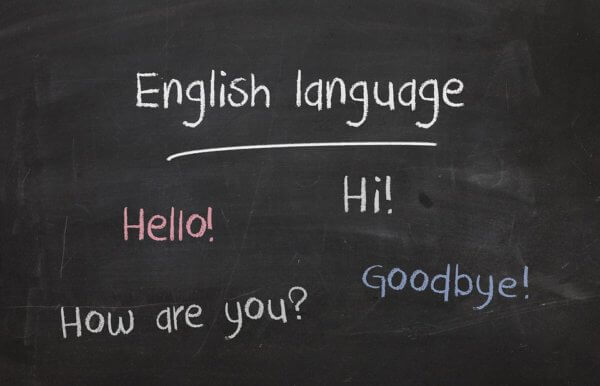How to learn any language without leaving the country

Language are Not That Hard to Lean!
Everyone wishes they could speak many languages. It looks good on a CV, it is useful when travelling and making friends, and it helps you understand the world we live in. However, not everyone has the chance to travel very often or to live abroad. Some say « You can’t learn a language if you don’t live there! » Well, that is not necessarily true. There are many ways to get a fair level in any language, that doesn’t involve paying tons of money on plane tickets. Here are some.
However, if you can travel, check-out our article on how to pack the perfect travel bag!
Even though the same method applies for any language, it might be easier, especially if you’re not particularly good at learning languages, to find one that is close to yours or one that you already speak well. Words will sound more familiar and will be easier for you to remember them. This being said, with work and motivation, there is no reason you shouldn’t be able to speak Russian if you’re English or Italian.
Enjoy the perks of technology!
We live in a world in which everything is easily accessible, so why not take advantage of it? There are many apps now that will help you learn a new language in a fun way. For example, Duolingo Memrise. If you can afford to pay for one, Babbel is a good classic. Babbel has the perk of really feeling like an online class. It is linked to a forum on which you can communicate with other students that have the same level. Also, you can take some alone time to watch series and movies in the language you’re trying to learn…without English subtitles! With platforms such as Amazon, Netflix and so on, the possibilities are countless.
Go out!

Have a Coffee with a Native!
In most cities now, you will find language cafes. What are these? It’s a place – sometimes it’s a website and you decide of the location – where people from different nationality gather, and exchange conversation times to practice a language. If you are English looking to practice Spanish, there is no doubt you will find a Spanish person to pair up! Will live classes, this method is probably the most efficient. Not only because you get to actually hear the accents and answer to more unpredictable questions, but also because it is much more motivating to go and meet someone, rather than being on the couch and hesitating between studying and gambling.
Practice on your own
It sounds and feels kind of stupid, but you’re the one who wants to learn! In other to assimilate useful words and expressions, you have to say them as often and in as many different contexts as possible! I have lived for a while in Portugal, and some of the sentences I remember the most are the one I had been practising alone. Once you have said these words in any order – still based on their meaning, of course, you will be ready to say them out loud to someone who speaks the language. It’s not the exercise that will give you the best pronunciation, but it will definitely engrave vocabulary into your brain.
Be creative

Don’t Be Afraid to Talk to Yourself!
Once you’ve learned a few verbs and words, try to assemble them in as many different ways as possible! It is more fun than repeating the same “I love chocolate cake.” How about “I love this blue dog?” Or…more difficult “I love these blue dogs.”. Try to make these words yours, and make them do whatever you want. After all, the goal is to express yourself!
Learning a language isn’t easy, but it surely isn’t harder than learning a sport or a new skill. The key is to practice regularly. There is no point in studying for one full hour once a week. Try to spend 30 minutes every two or three days, and always practice in your head!


